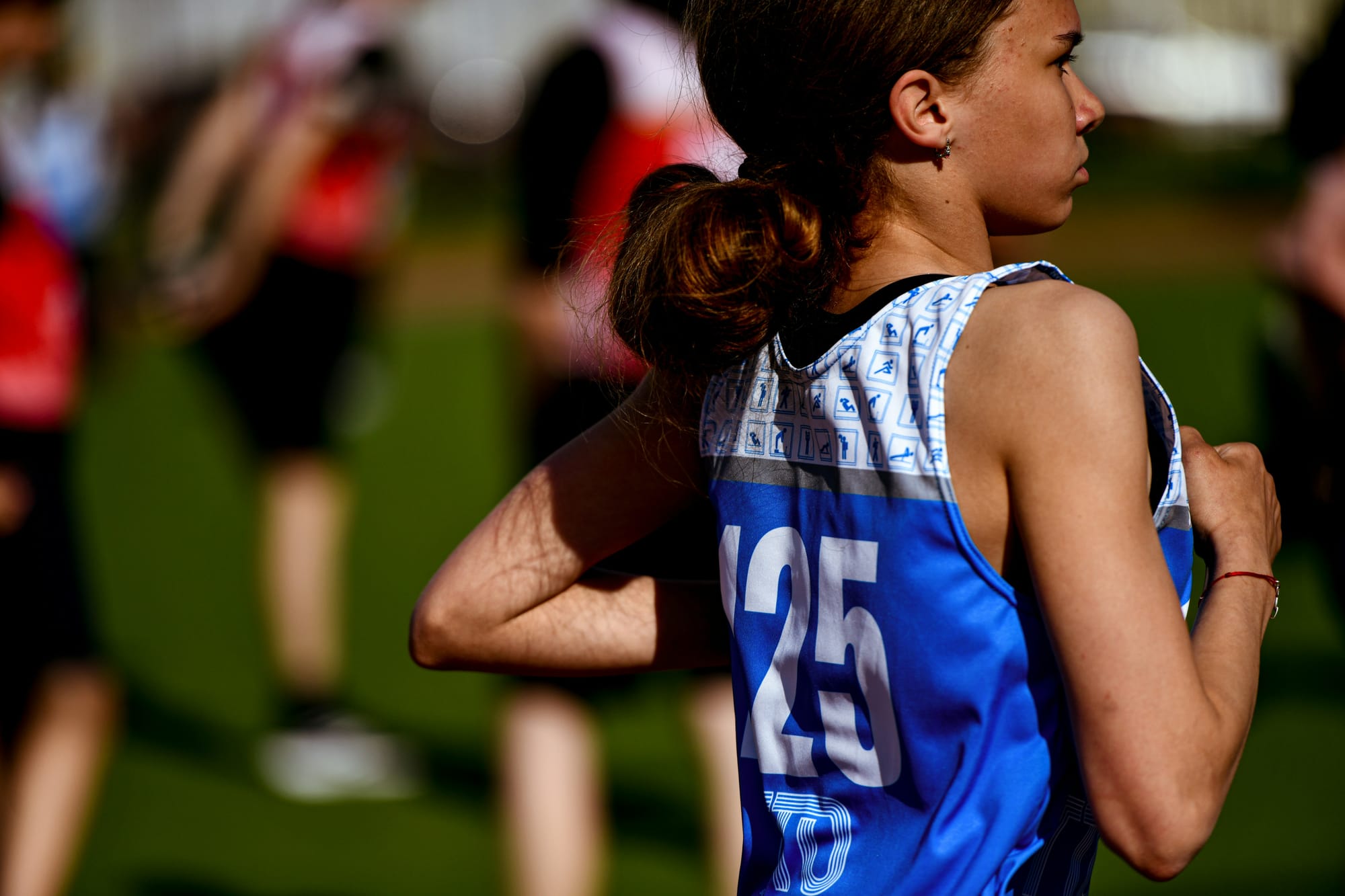Photo by Konstantin Mishchenko
Why is Kennewick School Board attempting to exclude trans kids?
***
UPDATE: As of April 21, 2025, two amendments that would restrict trans girls from participating in girls’ sports were struck down. ML/HS #7, which stated that “participation in girls’ sports would be limited to biological females”, was only one vote away from passing. ML/HS #8, which proposed separate boys’, girls’, and ‘open’ divisions, failed by a vote of 13 to 40.
The WIAA said the votes could only be advisory if they passed, since they would contradict state law. “We couldn’t implement it even if it had passed until the law changes,” said Mick Hoffman, executive director of the WIAA.
***
In a phone interview on April 3, Kennewick School Board Director Micah Valentine told Tumbleweird that there is a “biological male” (Valentine’s term) playing sports on a girls’ team currently in the Kennewick School district. He said “everybody knows” about it. “I mean, you can attend sporting events, and you can talk to parents and coaches and… it's a known thing,” said Valentine.
During the interview, Valentine repeatedly said that having trans athletes is only part of the problem: “What I'm saying is it's bigger than just the one or two athletes in our district.”
Child advocates support every child.
Kelly L, a community member that volunteers for PFLAG — the nation's largest organization dedicated to supporting, educating, and advocating for LGBTQ+ people and those who love them — told us in a phone interview on April 2 that they are very familiar with the queer community in Kennewick. Kelly L. said, “Our priority has always been support, education, and advocacy for our community, and especially creating space for parents and family members to ask questions.”
Kelly L. said there has been a recent increase in students seeking out support.
They also said that they know trans kids that are attending school in Kennewick School District (KSD), but that those kids aren’t playing sports:
The truth of the matter is… we as trans people are already othered from those spaces. There's an inherent bias against us, against our bodies…. Those kinds of spaces typically don't coincide with LGBTQ safe spaces in the area, because there's such a fear of dealing with hate or dealing with bigotry or being misgendered.
Kelly L. went on to say that of all the trans kids they know that live in the entire Tri-Cities, “approximately zero” are playing school sports. “A policy like this directly affects our students' mental health and ways of feeling like, ‘Oh, damn, I can't join sports now’,” they said.
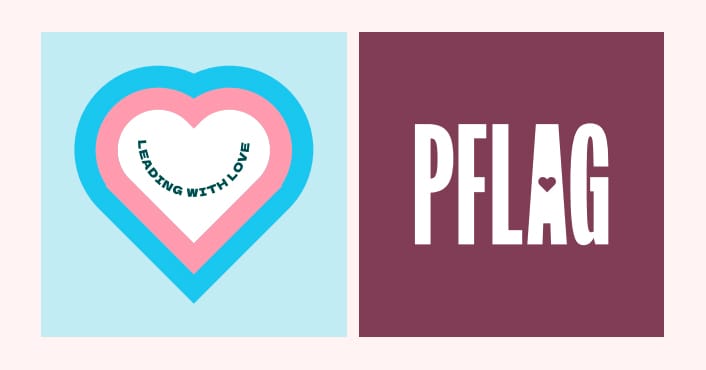
A complaint is filed.
Kennewick School Board voted 4-0 (with one member abstaining) to ask the federal government for guidance on the issue of transgender athletes in school sports.
In a letter to the Department of Education dated March 26, the KSD board filed a complaint against the Office of the Superintendent of Public Instruction (OSPI), Washington state, State Superintendent Chris Reykdal, and the Washington Interscholastic Activities Association (WIAA).
In the complaint, the KSD board claims that Washington’s “mandates” (the board’s term for Washington state’s law against discrimination) differs from Trump’s executive order (E.O. 14201: “Keeping Men out of Women’s Sports”, February 5, 2025). They wrote that they fear they will be retaliated against by the federal government:
We are particularly concerned the openly discriminatory policies and mandates by the state of Washington, State Superintendent Reykdal, OSPI and WIAA not only directly harm our young women, but also jeopardize our district’s essential federal funding, the loss of which would most severely impact our most impoverished and at risk populations.
The main conceit of the letter is that Washington state’s anti-discrimination law runs counter to Federal law — specifically Title IX, which was passed in 1972 to protect federal funding for women’s and girls’ sports — which says in part: “No person in the United States shall, on the basis of sex, be excluded from participation in, be denied the benefits of, or be subjected to discrimination under any education program or activity receiving Federal financial assistance.”
Valentine explained that they might lose federal funding (according to him, about 10%) if they don’t comply with Trump’s executive order on Title IX. They also might lose funding if they continue to fight Washington State.
The letter also states that the mandates and policies of the state would impact their female athletes. The board directly quotes Trump’s talking points that our state’s policy is “demeaning, unfair, and dangerous” to young women, and “denies [them] the equal opportunity to participate and excel in competitive sports.”
Washington’s law goes further.
Washington state’s anti-discrimination law protects people from discrimination based on gender expression. According to the American Civil Liberties Union of Washington (ACLU-WA), “Our state anti-discrimination law, known as the Washington Law Against Discrimination (WLAD), explicitly prohibits discrimination because of ‘gender expression or identity’, including actual or perceived identity.”
The Trump administration is specifically targeting athletes that are trans. In one of the first acts in his new administration, Trump signed an executive order declaring that there are only two sexes. Trump claims that this order defends women from “extreme gender ideology.”
Instead, what is happening is that cis students are being impacted along with the tiny percentage of trans students who are playing sports.
Currently there are fourteen school districts that are seeking to ban trans girls from playing on girls’ teams in Washington. These districts are seeking amendments to the Washington Interscholastic Activities Association (WIAA) rules that inform many school policies on sports and other activities.
Chris Reykdal, Superintendent of Public Instruction, said that out of 250,000 student athletes in the state, there are only five to ten who are transgender. That’s fewer than four thousandths of one percent (0.004%).
Mandates and executive orders are not laws.
An executive order is not a law, and can be struck down by Congress.
By contrast, the WLAD is a law (RCW 49.60), not a mandate. But Kennewick School Board members Gabe Galbraith and Micah Valentine, in the complaint filed, use the term “mandate” when referring to the state law regarding non-discrimination.
During the April 3 phone call with Valentine, he argued that RCW 49.60 wasn’t a law. “I would challenge you on the law thing. I would challenge you on that. We have a whole case broken down where it’s actually very clear that it is not actually a law.” Valentine goes on to say that “an executive order supersedes a ‘non-law’” and that “Chris Reykdal [the Superintendent of Public Instruction] is choosing not to follow that because of his political agenda.”
Reykdal disagrees that the state laws are somehow superseded by an executive order:
My office has continued to advise Washington’s school districts to stay in compliance with state law, which prohibits discrimination on the basis of gender identity. The President’s executive order related to trans female athletes attempts to override the authority of states and local school districts by requiring educational institutions to agree to discriminate against trans female athletes in order to continue receiving federal funds.
My job as the leader of this constitutional office is to communicate, uphold, and enforce the law. An executive order is not law, and it does not override state law. OSPI will enforce our current laws as we are required to do in a constitutional democracy until Congress changes the law and/or federal courts invalidate Washington state’s laws. In addition, we are prepared to take legal action if any federal dollars are paused, withheld, or removed from any of our public schools.
Kennewick School District’s changes to their gender-inclusive schools policy and procedure do not align with the nondiscrimination requirements of Chapter 28A.642 RCW or Washington’s civil rights guidelines for public schools, which school districts are required to follow (RCW 28A.642.050). Washington nondiscrimination laws already comply with federal civil rights and nondiscrimination statutes. States are permitted to provide greater protections for students than what is required by federal minimum standards, and Washington’s laws fit squarely within the scope of what is allowed by federal law.
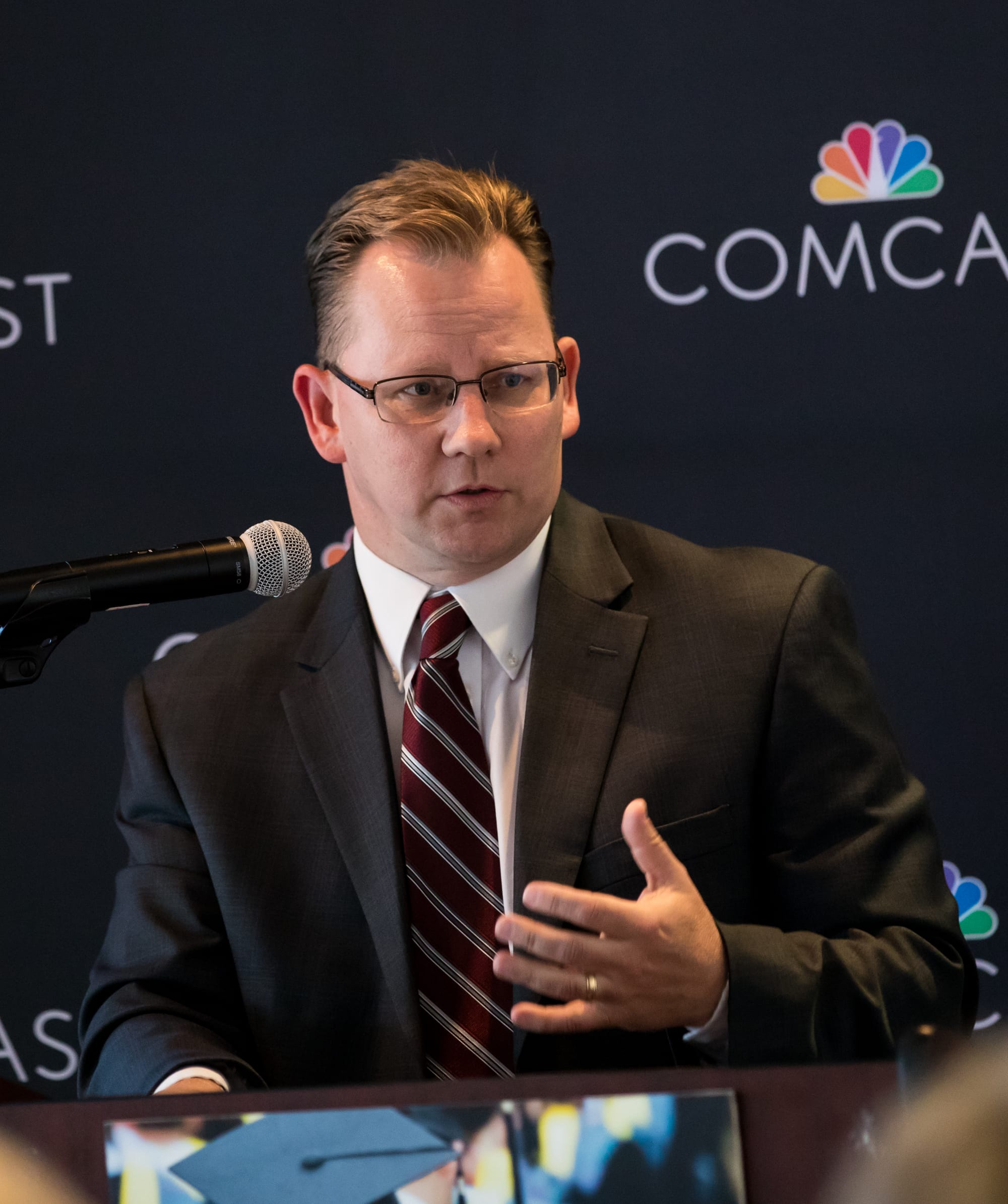
This isn’t the first time Valentine has had a problem with OSPI.
All school board directors in the state have mandatory legal training through the Washington State School Directors Association (WSSDA). In an earlier interview on March 23, Valentine called some of this training “indoctrination” — specifically those pertaining to gender and equity. “[M]ost of it was just to listen to some indoctrination,” he said. “...I think none of that should matter. I think we should just remove all of that out of our schools.”
This is bigger than sports.
When asked about the KSD board’s letter to the Department of Education, Valentine went into detail on what he believes should be done regarding students that are trans in sports.
He believes there should be one sports category for females and one “open division” for everyone else.
School Board President Gabe Galbraith claimed in an email on April 2 that there is at least one student playing sports in Kennewick that is gender non-conforming or trans. Galbraith said that there were discussions with coaches and parents about it, and that they believe this student is not assigned female at birth.
When asked about gender identity within the district, Julia Gomez, the Public Records Officer for KSD, replied:
The Kennewick School District does not collect the specified data requested. When registering students, the information requested has three options to choose from: Male, Female, or Gender not exclusively Male or Female.
The District does not have information about whether or not students are trans, so coaches and others do not have access to that information, either.
Gomez also sent Tumbleweird documents regarding participation of student athletes in the district. Out of 1237 students in fall sports between grades 7–12, only one identified as nonbinary. There were zero nonbinary students in winter and spring sports.
Valentine believes it is unsafe for girls to play sports against trans girls. Valentine also believes that what he calls “biological females” have no chance against trans athletes. He said that when a “biological male jumps into their space, they're like, ‘Hey, you're taking my choice out of this. You're eliminating my ability to win championships.’” He also believes girls are getting robbed of winning races because there are trans girls outcompeting them. “She's just literally physically not able to beat that guy in that race,” he said.
This is despite the fact that studies show no advantage for athletes who are trans women (cces.ca). The few peer-reviewed studies we have at this time show evidence that trans women athletes tend to perform at a lower level than their cis teammates (bjsm.bmj.com).
But Valentine believes the entire issue boils down to three things: “It's about safety, it's about fairness, and it's about exposure.” He also believes that girls will be exposed to penises in locker rooms and bathrooms.
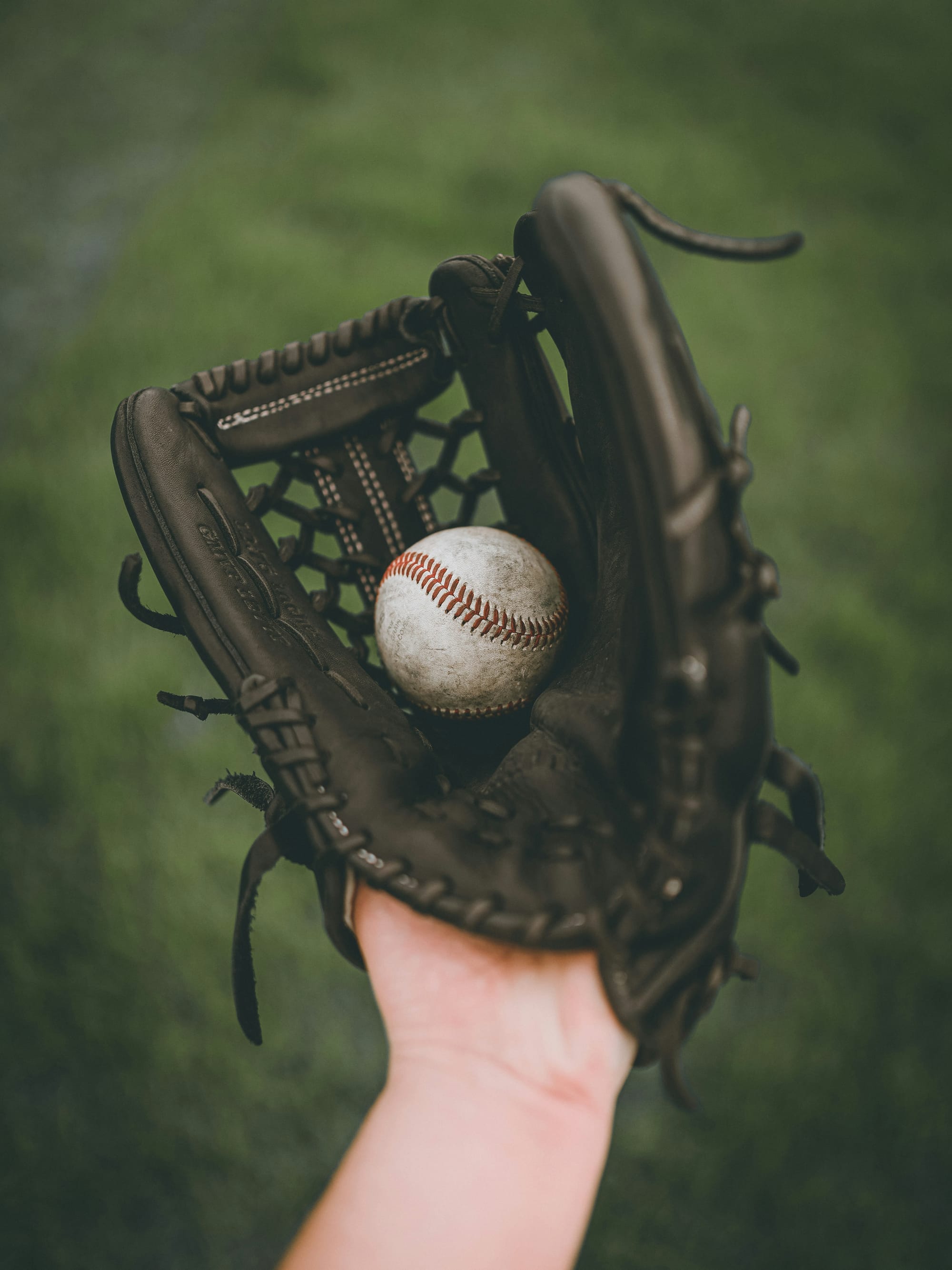
The fear of exposure is overblown.
Valentine said that locker room exposure has not happened in Kennewick, but it has the potential of happening, and they want to eliminate that risk. And he’s not talking only about sports. He said that in the school district, they have many trans students. And he believes that trans girls will be in girls' spaces and expose themselves.
We asked Valentine directly if he really believed a boy would be so driven to see naked girls in locker rooms and show them their penises that they would change their names, dress in feminine clothing, and join the girls’ team. Valentine answered, “I'm sure that happens. I'm not saying that's happening in Kennewick… [but] I'm sure there are cases of that.”
Valentine laid out the potential scenario he envisioned:
So you have a boy, or biological male, somebody with a penis, in a girl's locker space or in a girl's changing room. And he might not even be an athlete; it could be anybody, right? So [] let's say you have a ninth grade girl, and she goes into a locker room or a bathroom or something, and there's a biological senior, 12th grader, four years difference. That's exposure, right? So parents don't want that. They don't want that possibility of that happening.
Cases of exposure like the scenario Valentine is imagining are vanishingly few, and when assaults involving trans youth do occur, they are almost always the victims in the scenario (pmc.ncbi.nlm.nih.gov). But child advocates warn of a very real harm to students that is likely to transpire as a result of anti-trans legislation.
The ACLU has authored various amendments to prohibit genital inspections of women athletes at the collegiate level, but child advocates warn that the continued preoccupation with genitals could affect younger students, too. The Advocate reported that after the House passed what they called the ‘Protection of Women and Girls in Sports Act’, “Democrats sounded the alarm about how the bill exposes children to genital checks and exploitation by sexual predators.”
Valentine said parents are pulling kids out of school.
Valentine claims 95% of parents are with him on this topic.
He repeatedly spoke of the “left's agenda” to force “gender issues” on students and would like “to get this out of our school systems.”
Valentine said that the majority of the community agrees with him:
Our enrollment is… we're having trouble with enrollment. We do surveys and talk to people and everything. It's crystal clear. The reason why they're pulling kids out of school is these gender issues. They don't like it. They don't want it to be forced on their kids.
He also spoke about how things would improve if KSD could get “gender issues” out of their schools:
Then you know what happens? We get to come back. We get the money. We get the kids. We have so many kids who are not these types of things. We need to get those kids back in our school systems. That's our funding. Our funding is our kids, right?
Looking at the enrollment data from OSPI, Kennewick School District is actually growing.
Kennewick School District Enrollment:
The KSD board has a history of anti-trans resolutions.
This is not the first time the KSD board has spoken out against student athletes that are trans. Last summer, three members of the board voted to pass Resolution 10: Title IX Regulations Supporting Fairness in Competition and Student Safety. In part, Resolution 10 states “Kennewick School District Board of Directors strongly affirms that biological males should not participate in biological females’sports (sic) and inherent biological differences and abilities exist between biological males and biological females and commits to protecting female sports.”
Valentine said many times during the interview that “gender ideology” is political. He believes that the only acceptable classroom is a plain, white classroom, with no flags, no T-shirts with slogans, or anything ‘political’. “Acceptance is neutrality in the classroom. If the teacher is not providing that for kids, and there's something wrong with that teacher,” he said.
Valentine believes that they have lost student enrollment because of the “radical left political agenda”, and worries that we will lose Title 1 funding, Special Education dollars, and programs for free and reduced lunches — like the Trump administration has threatened to do to the state of Maine if they don’t comply with their policies against DEI.
Trans kids feel ganged up on.
These types of policies could have a negative effect on kids that are trans, said Tyler Elstrom, a nationally known speaker known as the ADHD Real Estate Coach. Elstrom wrote an emotional post on National Trans Day of Visibility:
Today I’m posting for this little boy. This little boy who was forced to wear a dress and called a girl’s name. This little boy who thought about stepping in front of his school bus so he didn’t have to pretend to be a girl anymore. This little boy who was scared if he told anyone, he’d be taken away from his mom. This little boy who had Jesus in his heart his whole life and one day got on his knees praying for courage and bravery to tell someone.
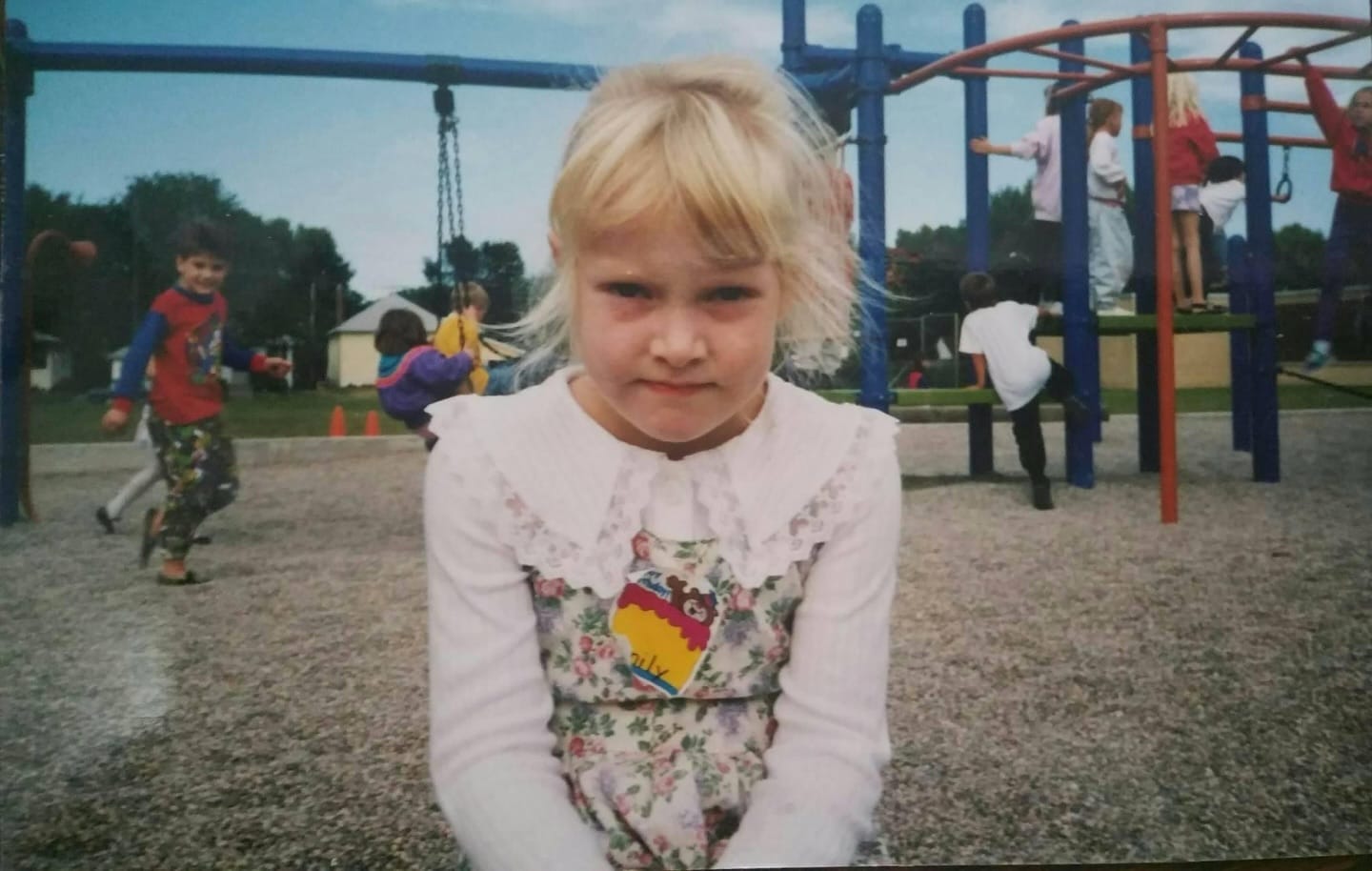
Elstrom is known nationwide for his real estate skills and for his speaking engagements on the subject of ADHD. He’s been living as a trans man for nearly two decades.
In an interview on April 2, Elstrom told us that remembering what it was like as a teen, and reflecting on how he felt growing up, brought up a lot memories of internalized negativity:
So, for me (and I'm 37), there's a lot of stuff on TV. The trans person was the butt of the joke. Like, never desirable, right? It was like the person that got murdered in the CSI episode. Just with any minority group, what you see as representation, you see that ‘Oh, those people are mentally [ill] or, like, Silence of the Lambs…
Basically, you start to associate, subconsciously, gender nonconforming with sick and mentally ill. It's like brainwashing in a sense. And then as you grow up, you have that internalized, [that] trans people might be mentally ill, even though we're not … it's just that conditioning that's subconscious. And then you can have really low self worth.
Elstrom said he finds the issue of potential locker room exposure very strange. He was incredulous: “They're saying there's a little boy that's so messed up sexually that they're going to dress as a girl and have a girl's name just to watch other girls change?”
Elstrom also doesn’t believe that even if there were a biological advantage of a trans girl competing (and maybe beating) other girls, that would outweigh the downsides of the effects on the mental health of the rest of the trans community:
What does more harm overall? Let's say that maybe one girl won first place in the swimming competition who is trans, and [another girl] got second place. Or you take a [trans] girl that already has 50% higher rate of suicide, and she gets bullied by adults and gets isolated. A girl getting second place might try harder. It's not gonna stop her from going to college. It doesn't prevent her from [doing] anything; but taking another child, and ganging up on her as adults? Shame on them.
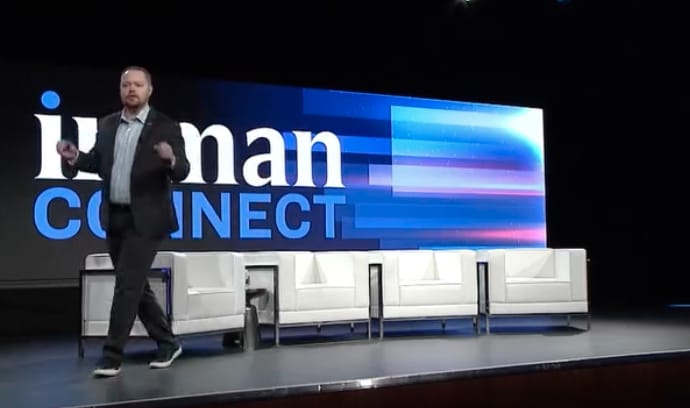
There are legal ramifications from resolutions like these.
In an April 9 phone interview with Adrien Leavitt, staff attorney for ACLU-Washington, Leavitt explained that in this debate, and in the rhetoric around trans athletes participating in sports, we’ve lost sight of the bigger issue. “Sports for most kids are positive, prosocial experiences that further their self confidence,” he said. “And trans kids are so vulnerable to begin with. So letting trans kids play on sports teams like every other kid is good.”
The ACLU is one of the nation’s oldest civil rights organizations, and they believe in an individual's rights to bodily autonomy and civil rights, explained Leavitt.
“And for trans youth, that means access to gender affirming care, and that means education and access to prosocial, positive spaces that reflect their gender identity; and that includes sports.” Sports have a many health benefits for people, Leavitt went on to say, and “trans girls in particular are at much higher risk of significant mental health issues, suicide attempts, [and] suicide; and that's because of exclusion.” This rejection — the kind of bans proposed by KSD — Leavitt said, can further erode trans girls' mental health.
Sports bans hurt cis girls, too. Cisgender girls come under scrutiny when they don’t fit the “gender norms” of Western society, Leavitt explained:
That's particularly true for Black children, children of color, who [are] at the intersection of trans[phobia] and racism. We've seen examples in the Olympics of women of color being questioned about whether they are truly women, and we've seen [the] subjecting to harmful testing and questioning of cisgender women.
Leavitt said that the argument that trans kids are taking away scholarships from cis girls is also faulty. Scholarship eligibility for colleges is not based on podium placement.
What it comes down to, Leavitt said, is that we need to “reposition ourselves” in the context of this issue: “We need to remember who we're talking about, which is kids — and trans kids — that are really vulnerable. We should, as adults, be doing everything we can to help them be healthy, confident, adults — [ones] that get to grow up to be adults.”
A lifelong resident of Eastern Washington, Dori enjoys the outdoors, her family, and making good trouble. She has worked for many years in broadcasting and reporting and believes in the value of the 4th estate. She is a true community advocate that loves Washington.

